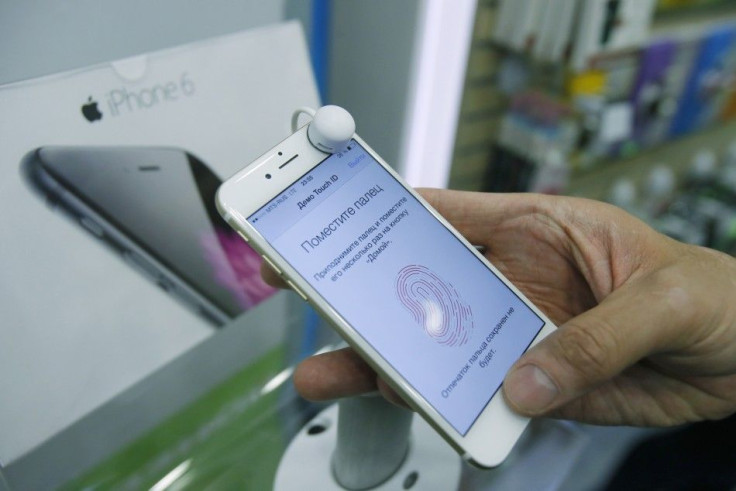Apple Faces Court Action In Canada Over iPhone Anti-Competition Deals, Phone Maker to Counter

The Canadian unit of Apple Inc has finally received an order from the federal court to turn over its documents to the Competition Bureau in relation to anti-competition allegations laid down by the latter.
The Competition Bureau on Dec 11 announced it had started a series of investigations against the iPhone maker, albeit the absence of actual violations. It also said it had already lodged an application before the court to issue an order against Apple to turn over its records.
Chief Justice Paul Crampton of the Federal Court of Canada, in a 14-page ruling, ordered Apple to hand over the pertinent documents, including contracts with retailers and with wireless carriers concerning the sale of phone handsets that date as far back as Jan. 1, 2011. Apple was given 90 days to comply to the court order.
The Canadian court likewise required Apple to release its marketing strategies and pricing plans, as well as quarterly audited statements showing revenues and profits. A number of carriers in Canada, including its "big three" providers, Rogers, Bell, and TELUS, carry Apple's iPhone. The other carriers include Virgin Mobile, Fido, Koodo, plus regional providers.
"There is no conclusion of wrongdoing by Apple Canada Inc. at this time, and no application has been filed with the Competition Tribunal or any other court to seek remedies for any alleged anticompetitive conduct," Greg Scott, a spokesman for the Competition Bureau, said on Dec 11. "Should evidence indicate that the Competition Act has been contravened, the Commissioner will take appropriate action."
A report released in June by Media Technology Monitor revealed more than 42 percent of Canadian smartphone users own iPhones. "It's possible that Apple used the bargaining power it has leveraged with the popularity of the iPhone to influence carriers in contract dealings," portal The Next Web said.
Derek Leschinsky, Competition Bureau lawyer, said lawyers representing had hinted the company will counter with a lawsuit questioning the right of Canadian courts to order Apple's Canadian subsidiary to turn over its records. The Canadian unit is wholly owned by the California-based company, where the documents are being maintained.





















